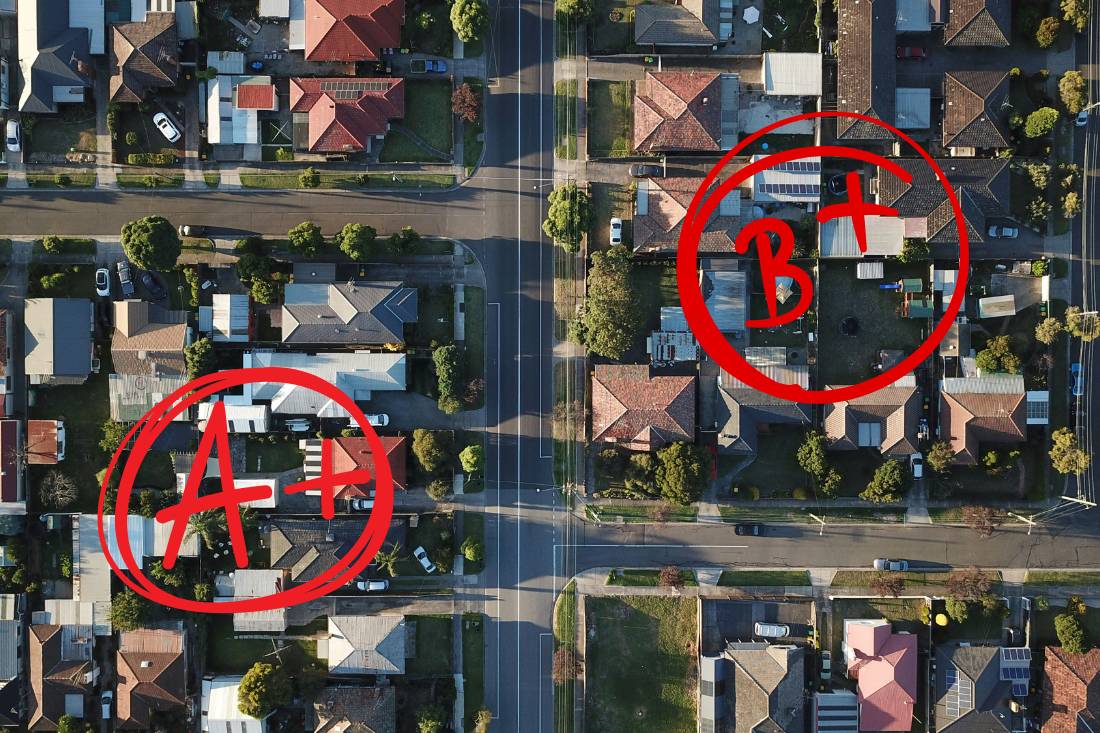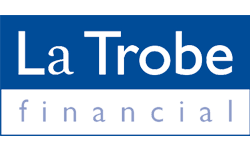People who are self-employed have always had a much harder time navigating the mortgage process than regular employees. You might have the income to prove you can make your repayments, but because it doesn’t fit the standard model, many banks won’t give you a loan very easily.
However, there are ways to make it happen. By planning ahead and providing some extra paperwork, there are loans out there to suit you.
These loans aren’t always easy to find, and there is usually extensive work involved to secure them, which is why so many self-employed homebuyers come to us for help.
What you will need
- Self-employment history
Because you don’t have a reliable salary in the same way an employee does, you will need to use tax returns, contracts and financial statements as proof of income. Usually you will need to provide at least two years’ worth of self-employment history, although we have been able to help clients with less than that.
- Reserves
Most lenders will need you to have cash reserves when you apply for your mortgage, in case your income falters. This is generally at least two months’ worth of housing payments for principals, interest, taxes and insurance.
Prepare early
If you’re self-employed and thinking of applying for a home loan, start preparing now by getting your documentation together. Paying down debt will help with your debt-service ratio and will make sure you keep a good credit rating. If you’re unsure of anything, it’s always best to get the advice of a professional sooner rather than later.
Stay Informed
We place huge emphasis on educating our clients, so that they can be personally confident in their decision.
Let us keep you updated with the latest information so you can reach your goals faster.


















































 AAA Mortgage Solutions Australian Credit Licence Number: 385791 © 2020 All Rights Reserved.
AAA Mortgage Solutions Australian Credit Licence Number: 385791 © 2020 All Rights Reserved.